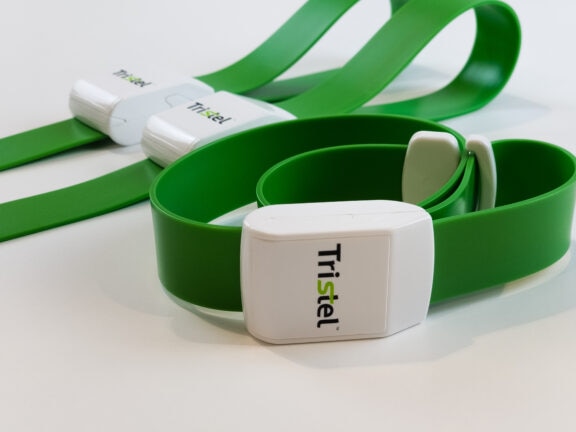
The Mid Yorkshire Teaching NHS Trust has made a significant move towards sustainability by reintroducing reusable tourniquets, aiming to reduce waste, lower carbon emissions, and save costs. Here’s a look at the initiative and its impact.
Why Reusable Tourniquets?
Tourniquets are essential in medical settings for blood draws and intravenous access. Traditionally, single-use tourniquets have been the norm due to concerns over infection control, especially heightened during the pandemic. However, the environmental and financial cost of disposing of these single-use items is substantial.
The Shift to daisygrip
In 2022, Mid Yorkshire Teaching NHS Trust began evaluating their tourniquet usage and exploring sustainable alternatives. They chose the daisygrip reusable tourniquet for a trial in high-usage departments such as Phlebotomy, Accident and Emergency, and Radiology. This reusable tourniquet is designed to be easily cleaned with disinfectant wipes, addressing infection control concerns while offering the benefits of reuse.
Impact and Benefits
The transition to daisygrip has shown promising results:
Waste Reduction: The Trust has reduced its plastic waste by three-quarters of a metric tonne annually, equating to 2.3 tonnes of CO₂ emissions saved.
Cost Savings: The initiative has saved approximately £20,000 annually in procurement costs. These savings are realised after about 250 uses of each daisygrip tourniquet.
Resource Efficiency: By shifting from single-use to reusable tourniquets, the Trust has decreased the number of tourniquets used by 6,375 in just six months in the Phlebotomy department alone.
Challenges and Solutions
Implementing reusable tourniquets came with challenges:
Clinical Engagement: Initially, engaging the right stakeholders was difficult, but it was crucial for project success.
Infection Control: Ensuring proper cleaning protocols were critical. The Infection Prevention team endorsed the use of disinfectant wipes for cleaning the reusable tourniquets.
Patient Safety: Concerns about the magnetic strength of the tourniquet’s fastening were addressed with assurance from the supplier and cardio-respiratory specialists.
Conclusion
The reintroduction of reusable tourniquets at Mid Yorkshire Teaching NHS Trust exemplifies how healthcare institutions can adopt sustainable practices without compromising on safety or efficiency. This initiative not only supports the Trust’s sustainability goals but also sets a precedent for other healthcare facilities to follow.
By rethinking the lifecycle and environmental impact of everyday medical supplies, healthcare providers can significantly contribute to global sustainability efforts while also managing costs effectively.
Related Articles
Under the Microscope – HPV
Human papillomaviruses (HPV) are small, non-enveloped DNA viruses that cause a range of diseases from benign warts to threatening cancers. There are over 200 different types of HPV. They are […]
Learn moreComparing Disinfectants: Alcohol, QACs, and Chlorine Dioxide
When selecting a disinfectant for healthcare or industrial settings, it’s crucial to understand the strengths and weaknesses of each option. Below is a comparison of 70% Alcohol, Quaternary Ammonium Compounds […]
Learn moreReusable daisygrip Tourniquets: Their Impact on Patients, Planet and Public Purse
Sandwell and West Birmingham NHS Trust has initiated a transition from single-use to daisygrip, a reusable tourniquets, evaluating the impact on patients, the environment, and healthcare costs. Read Full Article […]
Learn more

